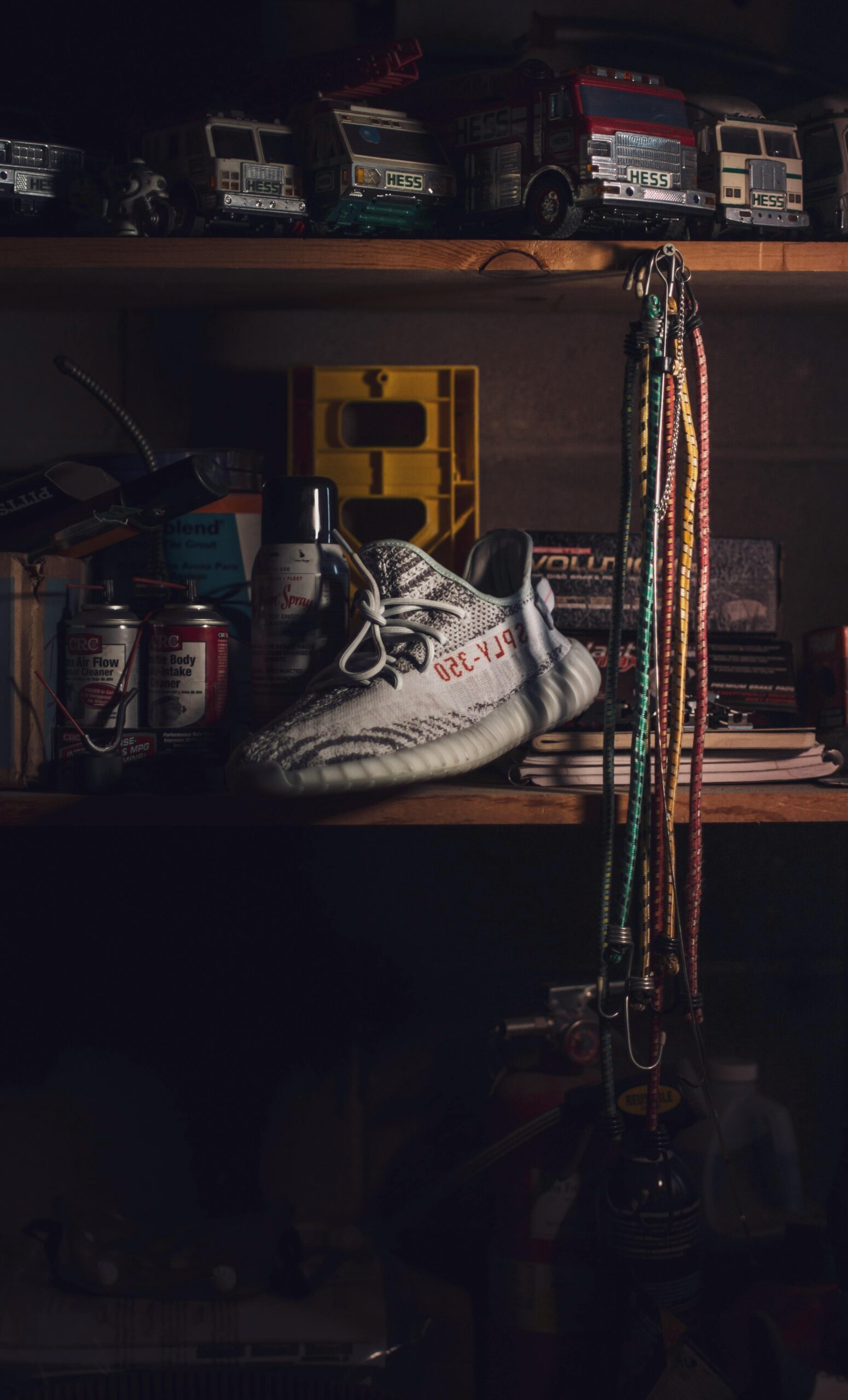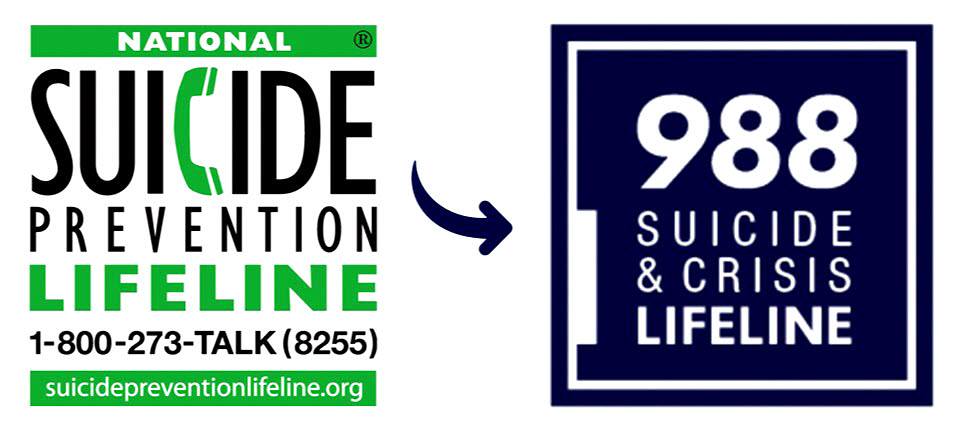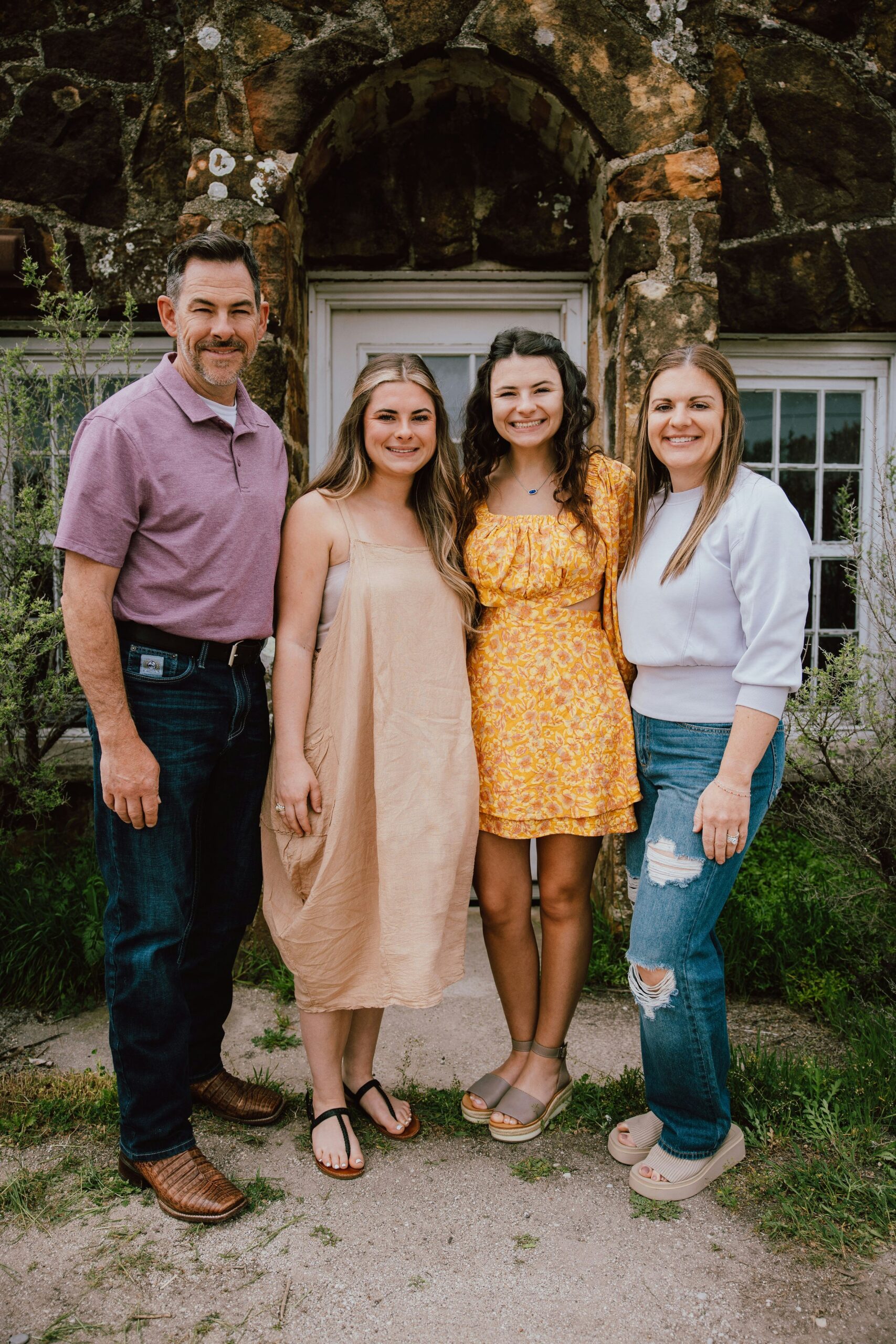
“When you find other people going through it, it’s like realizing you belong on Earth once more.”
That’s how Graham Panther, a mental health advocate, and consultant, describes finding people who, like him, live with “big feelings”.
“It’s feeling like you belong on Earth, even when you feel awful,” Mr. Panther said.
In his early 20s, Mr Panther had a mental breakdown. He experienced intense anxiety and feelings of terror.
“I went and saw the psychiatrist, the neurologist, the psychologist — I tried all the pills and the treatments,” he said.
“None of them really changed what was happening for me. None of them made a dent in that feeling that life wasn’t worth living anymore.”
What made a difference, Mr. Panther said, was connecting with people who shared similar experiences and feelings.
“The thing that made me feel better was finding other people who asked the same big, gooey questions … who wondered what the point of living was sometimes,” he said.
“The very simple act of communing and connecting with other people who ‘go there’ can create this profound shift in how you see yourself.
“It’s feeling like [you’re] not the only one who feels this way … I think of it as a different kind of hope.”
The role of peer support
What Mr. Panther is talking about — the sharing of lived experience of mental illness to support others with mental illness — is known in the mental health sector as peer support.
The idea of peer support is to harness people’s own experience of mental ill-health and recovery to support others and foster a sense of hope.
For a long time, peer support has been provided by friends and family (in an informal sense), and through community support groups and grassroots organisations.
But in recent years, the sharing of lived experience has been recognized as an increasingly important, complementary aspect of mental health treatment and recovery.
The head of suicide prevention research at Orygen, the National Centre of Excellence in Youth Mental Health, Jo Robinson, said the use of peer support and lived experience is increasing.
“People are really starting to see the value of it. We’re seeing more of it happening in clinical services, and in suicide prevention in community settings and school settings.”
Peer support workers are uniquely placed to offer understanding and support to people, “having been in their shoes”, and they do this outside the traditional doctor-patient relationship, Dr. Robinson said.
“I think this is especially beneficial for young people. What you get from a peer worker is a more equal parallel.
Peer support workers are also able to model the idea of hope and recovery, she said.
“Often, in clinical service settings, young people are only exposed to young people who are also unwell,” Dr. Robinson said.
“To see somebody who’s come through the other side … it’s really inspiring, and I think it instills that sense of hope, which is something that we can forget when we’re delivering clinical treatment.”
Despite its increasing prominence, Dr. Robinson said research looking at the impact of formal peer support hasn’t quite caught up.
“There’s some research to suggest benefits to peer workers and people who are supported by peer workers, in terms of things like confidence, knowledge of the problem, feeling willing, able, and better equipped to help others,” she said.
“Its absolute impact on things like mental health outcomes and suicide-related outcomes are less well-researched, but that doesn’t mean it’s not important.”
A recent study from the United Kingdom found peer support services reduced hospital readmission rates among patients discharged from acute mental healthcare.
“It shows [peer support] has the potential to drive change and better outcomes for people … so that’s really encouraging,” Dr. Robinson said.
She added that the role of peer support workers is “quite separate” to the role of mental health clinicians and that peer support may not be suitable for everyone.
It’s important to remember if you’re feeling stressed, anxious, or having difficulty coping, your GP can be a good first port of call.

Peer-led suicide prevention
In the United States, an innovative peer support program known as Alternatives to Suicide was set up to provide a sense of community and connection for people experiencing emotional distress.
Director of the Western Massachusetts Recovery Learning Community, Caroline Mazel-Carlton, developed the unique peer-led suicide prevention program after experiencing her own mental health challenges.
“It was in a community with other people separate from the mental health system that really helped me heal and move forward,” Ms. Mazel-Carlton said.
“In our [peer support] groups, a big part of it is not making assumptions, and meeting each other with curiosity.
During group meetings, people are encouraged to share their successes and challenges, provide support for one another, and share ideas for “coping with difficult life circumstances”.
“I’ve seen these communities really sustain people to keep people going, through some really tough chapters of their life,” Ms. Mazel-Carlton said.
A club for ‘big feelings’
Closer to home, Mr Panther co-founded his own informal peer support group — “a club for people with big feelings” — aptly named The Big Feels Club.
Described as a “discussion space … not therapy”, the Melbourne-based network is “part art project, part grassroots community initiative”. It involves monthly group meet-ups and online discussions.
“We wanted to create a space where every month people could come together from all over the world and unpack one particular gooey question about feelings,” Mr. Panther said.
The idea was conceived after he and his partner Honor Eastly realized there was no place people could go when they’re “having a hard time” to meet other people “who’ve gone through similar stuff”.
“The feedback we are getting so far is this is something new, this is something profoundly different for a lot of the people engaging with us,” Mr. Panther said.
“What people tell us is that that’s what they wanted, that’s what they’ve been looking for.”
James Donaldson notes: I am turning more and more of my time and efforts towards mental health issues, especially pertaining to our young people and student-athletes.
Getting men to speak up and reach out for help and assistance is one of my passions. Us men need to not suffer in silence or drown our sorrows in alcohol, hang out at bars and strip joints, or get involved with drug use.
Along with reaching out for my medical professionals, the second most important thing I did was to reach out to a small peer group of friends who have known me for decades. They were there for me throughout, and continue to be.
Having gone through a recent bout of depression and suicidal thoughts myself, I realize now, that I can make a huge difference in the lives of so many by sharing my story, and by sharing various resources I come across as I work in this space. http://bit.ly/JamesMentalHealthArticle



